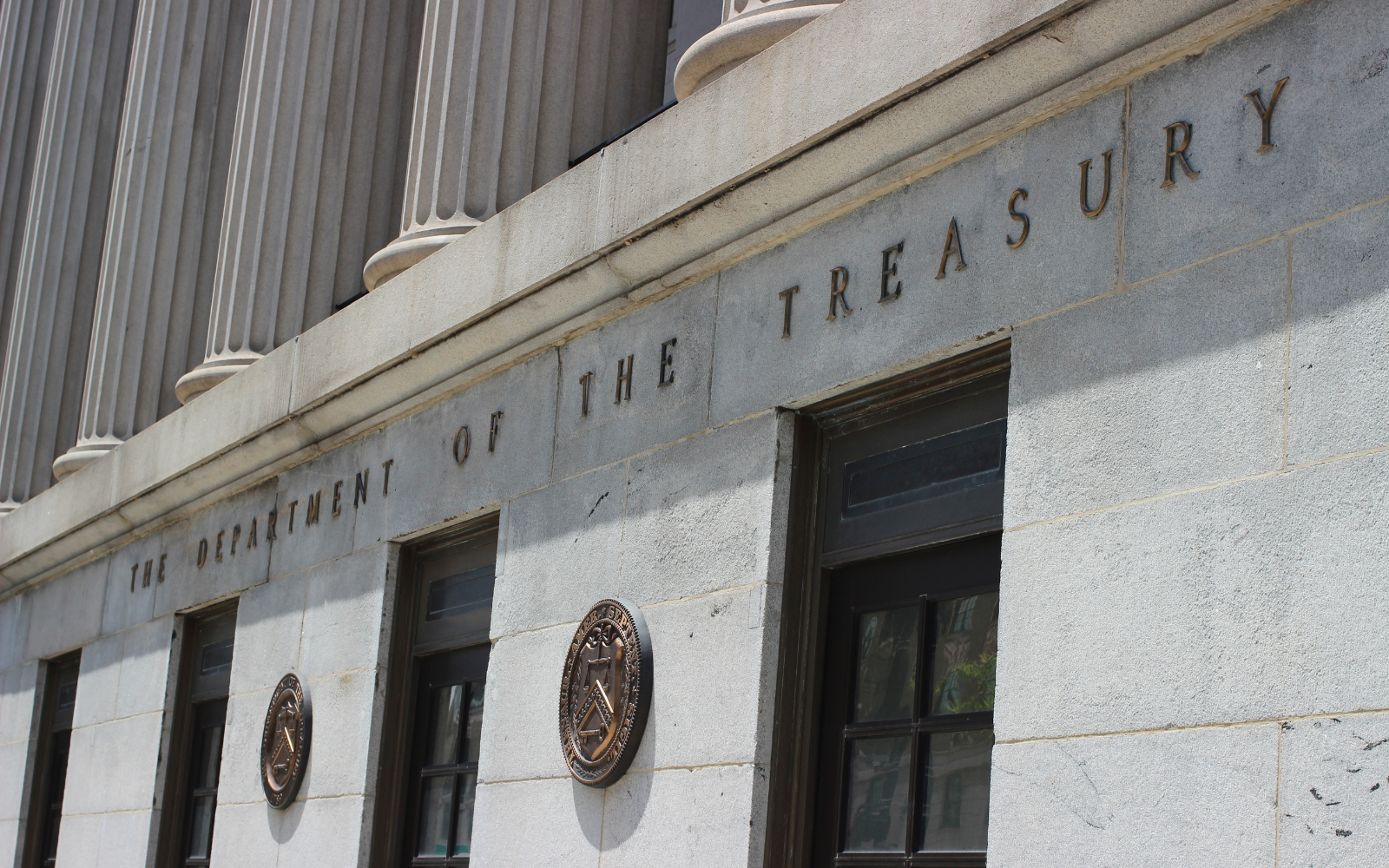FinCEN Targets Three Mexican Financial Institutions for Fentanyl Trafficking
Summary:
Situation Overview: The U.S. Financial Crimes Enforcement Network (FinCEN) cited recent fentanyl-related legislation to impose a previously unused sixth special measure, prohibiting the transmittal of funds by U.S. persons to three Mexico-based financial institutions connected with “illicit opioid trafficking.”
What: Subsequent actions by the Mexican government prompted FinCEN to postpone the implementation of this regulatory action for 45 days (i.e., until September 4). FinCEN could further delay or rescind the action, or impose other special measures, if it does not deem the Mexican government’s remedial response to be sufficient.
Who: The enactment of this regulatory action would direct all U.S. persons to cease transmittal of funds to the three financial institutions’ Mexico-based branches.
In Depth
The Trump Administration has repeatedly signaled its prioritization of targeting traffickers of synthetic opioids, especially fentanyl. On January 20, 2025, President Trump signed an Executive Order “creating a process by which certain international cartels…will be designated as Foreign Terrorist Organizations” (FTOs). Consequently, the U.S. Department of State designated eight Latin America-based criminal organizations as FTOs on February 20, prompting corresponding sanctions by the U.S. Department of the Treasury (Treasury) Office of Foreign Assets Control (OFAC). The recently announced FinCEN regulatory action follows the spirit of those taken by the State Department OFAC and addresses three financial institutions that have been facilitating transactions related to fentanyl.
Legislation Supporting FinCEN Actions
Three legislative authorities enable FinCEN to enact measures against financial institutions it deems complicit in opioid trafficking:
- USA PATRIOT Act Section 311 (October 26, 2001): Authorizes the Treasury to impose five “special measures” to combat money laundering, including requiring the following by covered U.S. persons:
- Recordkeeping and reporting of certain financial transactions;
- Collection of information relating to beneficial ownership;
- Collection of information relating to certain payable-through accounts;
- Collection of information relating to certain correspondent accounts; and
- Prohibition or conditions on the opening or maintaining of correspondent or payable-through accounts.
- Fentanyl Sanctions Act (December 20, 2019): Directs the identification and sanctioning of “foreign individuals and entities identified as opioid traffickers or those that own, control, or supply opioid precursors.”
- FEND Off Fentanyl Act (April 24, 2024): Authorizes Treasury to impose an additional special measure on entities “of primary money laundering concern in connection with illicit opioid trafficking”:
- “[Prohibit], or impose conditions upon, certain transmittals of funds” by U.S. entities.
First Usage of Sixth Special Measure
On June 25, Treasury stated that on July 21, FinCEN would prohibit U.S. institutions from transmitting funds to three Mexico-based financial institutions that facilitate payments between Mexican cartels and China-based suppliers providing “precursor chemicals needed to produce fentanyl.”
The targeted financial institutions, which are relatively small, included the following:
- CIBanco S.A., Institution de Banca Multiple (CIBanco): a commercial bank with over $7 billion in total assets.
- Institución de Banca Multiple (Intercam): a commercial bank with over $4 billion in total assets.
- Vector Casa de Bolsa, S.A. de C.V. (Vector): a brokerage firm managing nearly $11 billion in assets.
Response by Mexican Government
Mexico’s Finance Ministry stated on June 25 that it had received “no evidence” from FinCEN linking the institutions to illegal activity. (It would be unusual for FinCEN to share certain classified information with a foreign government, particularly in advance.) On June 26, however, Mexico’s National Banking and Securities Commission temporarily assumed management of CIBanco and Intercam.
Postponement of Order’s Implementation
On July 9, FinCEN extended the implementation date by 45 days (i.e., until September 4), stating that “[the] extension reflects that the Government of Mexico has taken further steps to address the concerns raised in FinCEN’s orders.”
If the Mexican government effectively addresses FinCEN demands, it could additionally postpone or even rescind the action. Alternatively, FinCEN could issue further regulations or orders.
Understanding Recent Actions in the Context of Other FinCEN Special Orders
Historically, FinCEN has directed most of its regulatory actions against entities facilitating terrorist financing, sanctions evasion, drug trafficking, or other criminal activities. These regulatory actions can also prompt positive anti-money laundering (AML) developments within targeted jurisdictions.
For example, following FinCEN actions against Macau-based Banco Delta Asia, FinCEN stated that Macanese authorities had taken “important steps” to improve Macau’s AML regime. Similar scenarios occurred pursuant to FinCEN actions against Latvia–based banks and the jurisdictions of Ukraine and Nauru.
That said, the list of institutions FinCEN has ever identified as being of primary money laundering concern is quite small, including only twenty-eight financial institutions from thirteen countries, such as Belarus, Cambodia, and Lebanon. Jurisdictions can also be identified as being of primary money laundering concern, and FinCEN’s current list includes the Democratic People’s Republic of Korea and the Islamic Republic of Iran.
Against this backdrop, it is quite notable that three small financial institutions from Mexico were added to FinCEN’s list. FinCEN’s actions are illustrative of the Trump administration’s willingness to aggressively use financial statecraft tools to stop fentanyl trafficking in the United States.
Put Patomak’s Expertise to Work
As U.S. trade and sanctions policy changes rapidly, firms must regularly assess their vulnerabilities and opportunities amid these changes. Patomak has deep expertise in U.S. economic security policy, including authorities under the U.S. Treasury’s Office of Foreign Assets Control (OFAC) and Committee on Foreign Investment in the United States (CFIUS). If you would like to learn how Patomak can partner with you to navigate these and other areas, please reach out to Senior Advisor Andy Baukol at abaukol@patomak.com or Partner Robert Greene at rgreene@patomak.com.





